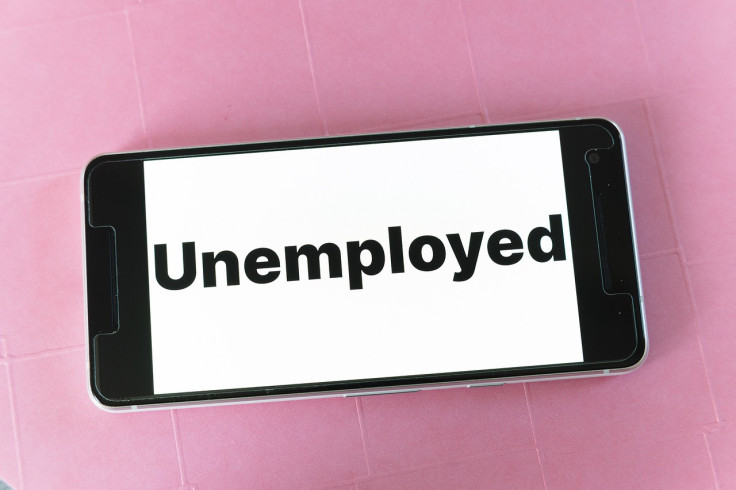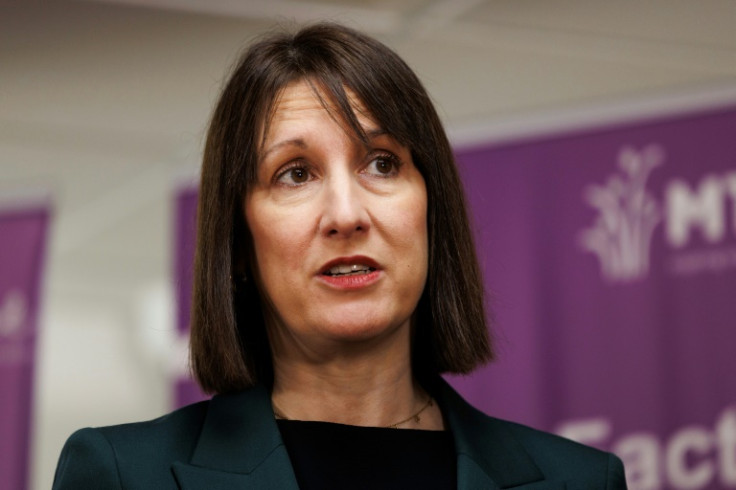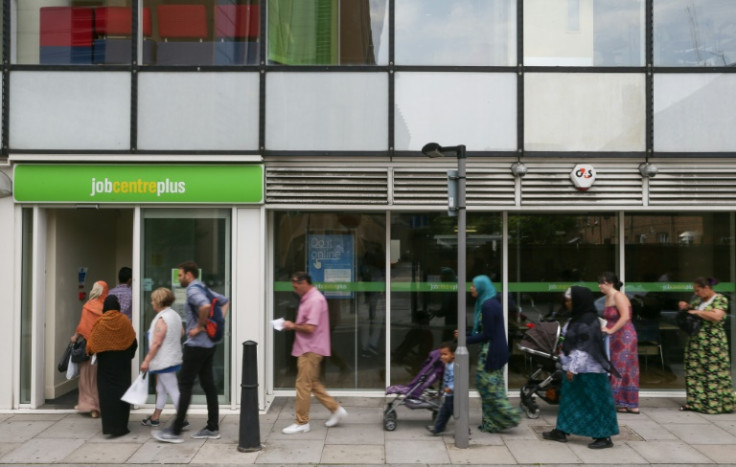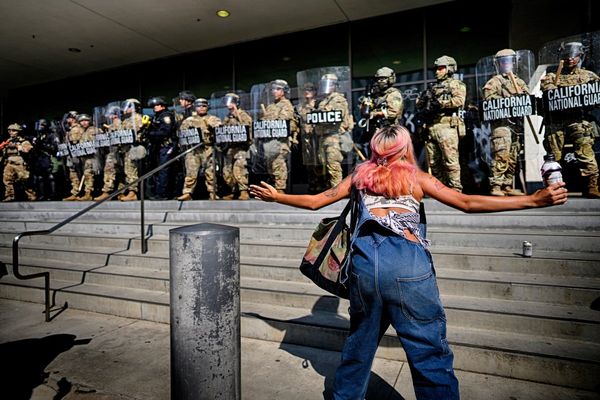
The UK's jobs market is cooling, and jobseekers are starting to feel the strain. According to the latest data from the Office for National Statistics (ONS), the nation's employment trend has shown a continued decline in job vacancies, a drop in payroll numbers, and a growing sense of unease among both workers and employers.
Vacancies fell by 5.8% between May and July this year, down to 718,000, marking the lowest level since 2021 outside of the pandemic.
This drop is being felt across nearly all sectors, with hospitality and retail reportedly hit particularly hard. According to Liz McKeown, director of economic statistics at the ONS, 'The number of employees on payroll has now fallen in 10 of the last 12 months, with these falls concentrated in hospitality and retail.'
Though the slowdown isn't yet a full-scale collapse, signs are emerging that the market is shifting and is most likely not in favour of workers.
Business Costs Blamed for Hiring Pullback
April brought a wave of changes for employers: the National Living Wage rose to £12.21 ($16.47), and employer National Insurance contributions jumped from 13.5% to 15%. Simultaneously, the salary threshold for employer contributions was lowered, increasing costs even for low-paid roles.

According to reports, these added pressures are discouraging many businesses from hiring. 'We are having to be so careful with every hour of employment,' said Louise Maclean of the hospitality firm Signature Group, told Radio 4's Today programme. 'Profitability in every hour of trade is now essential.'
Now, as a direct result of this trend, businesses are hiring fewer young or inexperienced staff. 'Slightly older people that have got experience are more attractive,' Maclean added, as firms seek candidates who can hit the ground running with minimal training.
Trouble For Chancellor Rachel Reeves
While the official unemployment rate remains at 4.7%, unchanged from the previous quarter, the number of people on company payrolls reportedly fell by 8,000 in July. Since the general election last year, the cumulative drop in payroll jobs stands at 164,000, which, according to experts, is a troubling sign for Chancellor Rachel Reeves, who made job creation central to Labour's economic pitch.

Still, Reeves has pointed to areas of resilience. 'There is some really positive news in the data,' she said, noting that redundancies remain relatively low. But with the unemployment rate at a four-year high, she acknowledged 'more to do' to get people back into work.
Meanwhile, critics have been less forgiving. Shadow work and pensions secretary Helen Whately said the jobless figures are the 'predictable outcome of Labour's war on business,' citing record-high taxes and rising red tape.
Real People, Real Struggles
Beneath the surface of the numbers are personal stories of mounting frustration of the millions of job seekers. David Hoghton-Carter, a corporate strategy professional from Leeds, has been searching for work for nearly two years. 'The job market is nightmarish. Competition is extreme, and employer expectations are through the roof,' he told The Guardian.

For many Britons, wages no longer match their living costs. Meanwhile, others are stuck in jobs far below their qualification levels. Lufty, a Manchester-based biology graduate with a master's degree, now works in a pub. 'I've applied for entry-level NHS lab assistant roles that only require GCSEs, and still get nothing,' he said.
And it's not just recent graduates who are being affected by the rising unemployment in the country. Experienced professionals like Owen Winn, a graphic designer from Slough, say their roles have been overtaken by AI or downsized. 'It feels like being on the scrap heap at 44,' he said.
Furthermore, the recent trend in the UK job market points towards a tougher time ahead for jobseekers. And without urgent support and policy shift by the government, many are at risk of being left behind.







